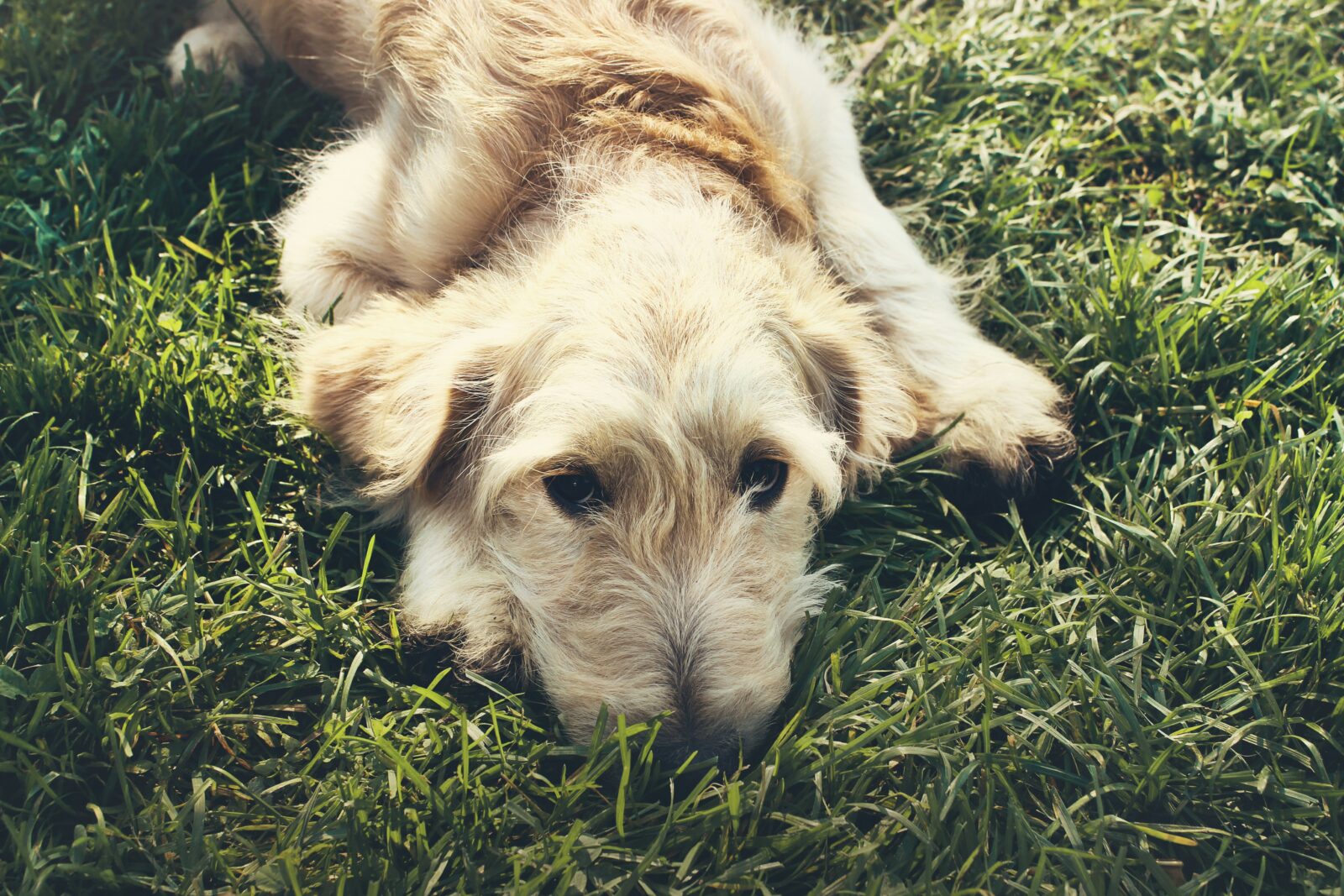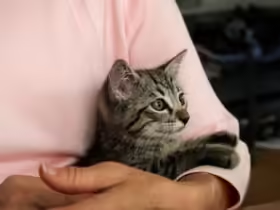Understanding Pet Food & Product Recalls: What Pet Owners Need to Know
Pet food and product recalls are critical issues that every pet owner should be aware of to ensure their furry friends’ health and safety. Recalls occur when a product is found to be unsafe, and they can affect anything from food to toys. This blog will delve into the reasons behind these recalls, how to stay informed, and the steps you should take if your pet is affected.
1. What Are Pet Food & Product Recalls?
a. Definition of Recalls
A recall is an action taken to remove a product from the market due to safety concerns. This can be initiated by the manufacturer, the Food and Drug Administration (FDA), or other regulatory agencies. Recalls occur when a product is found to be defective, contaminated, or otherwise harmful to pets.
b. Types of Recalls
- Food Recalls: These involve pet foods that may contain harmful ingredients, contaminants, or pathogens.
- Product Recalls: These include pet products like toys, grooming supplies, or bedding that may pose safety risks due to design flaws or harmful materials.
2. Common Reasons for Pet Food Recalls
a. Contamination
Contamination is a leading cause of pet food recalls. This can include:
- Bacterial Contamination: Bacteria such as Salmonella or Listeria can contaminate pet food, posing health risks to pets and humans.
- Chemical Contamination: Contaminants like aflatoxins (toxic substances produced by certain fungi) or high levels of heavy metals can be harmful.
b. Nutritional Imbalances
Pet food may be recalled if it lacks essential nutrients or contains incorrect levels of vitamins and minerals. This can lead to health issues such as deficiencies or toxicities.
c. Mislabeling
Incorrect labeling can lead to recalls, especially if the product contains ingredients not listed on the label, such as allergens or harmful substances.
d. Foreign Objects
The presence of foreign objects like plastic or metal fragments in pet food can lead to recalls due to the risk of injury or choking.
3. Common Reasons for Pet Product Recalls
a. Design Flaws
Toys or other products with design flaws may pose choking hazards or other safety risks. For example, small parts that can be swallowed or sharp edges that can cause injury.
b. Material Safety
Products made from unsafe materials, such as toxic dyes or chemicals, can be recalled if they pose a risk to pets’ health.
c. Manufacturing Defects
Defects in manufacturing can lead to unsafe products. This includes issues like weak seams in pet beds that may break and pose a choking hazard.
4. How to Stay Informed About Recalls
a. Regularly Check Official Sources
- FDA Pet Food Recalls: The FDA maintains a list of pet food recalls on its website. Check this regularly to stay updated on any new recalls.
- Pet Product Manufacturers: Follow your pet product manufacturers’ websites or social media channels for updates on recalls.
b. Sign Up for Notifications
Many organizations and manufacturers offer recall notifications via email or text. Signing up for these alerts can help you stay informed about recalls that may affect your pet.
c. Use Pet Safety Apps
There are several apps available that provide real-time alerts and information on pet food and product recalls. These apps can help you track and manage your pet’s food and product safety.
5. What to Do If Your Pet Is Affected
a. Identify the Affected Product
- Check Recall Notices: Verify whether your pet’s food or product is listed in the recall notice. This information usually includes product names, lot numbers, and expiration dates.
- Inspect Your Supplies: Review your pet food and products to see if they match the recalled items.
b. Stop Using the Product
If you have any recalled products, immediately stop using them. For pet food, dispose of it properly to prevent any accidental consumption.
c. Contact the Manufacturer
Reach out to the manufacturer for further instructions. They may offer refunds, replacements, or additional information on how to handle the recall.
d. Consult Your Veterinarian
If your pet has consumed recalled food or used a recalled product, consult your veterinarian. They can provide guidance on any potential health impacts and necessary actions.
6. How to Prevent Future Issues
a. Purchase from Reputable Brands
Buy pet food and products from well-established and reputable brands that have a history of safety and quality. Research and read reviews before purchasing new products.
b. Read Labels Carefully
Always read labels to ensure you understand what is in your pet’s food and products. Look out for any allergens or potentially harmful ingredients.
c. Store Products Properly
Proper storage of pet food and products can prevent contamination and spoilage. Follow the manufacturer’s storage instructions to maintain product safety.
d. Stay Updated on Pet Safety
Regularly review updates from pet safety organizations and stay informed about new developments in pet food and product safety.
7. The Role of Regulatory Agencies in Recalls
a. FDA (Food and Drug Administration)
The FDA is responsible for regulating pet food safety and handling recalls. They provide guidelines for manufacturers and issue public notices about recalls.
b. USDA (United States Department of Agriculture)
The USDA oversees the safety of animal products, including pet food ingredients. They work in conjunction with the FDA to ensure food safety standards are met.
c. Consumer Product Safety Commission (CPSC)
The CPSC monitors the safety of pet products, including toys and grooming supplies, and issues recalls for products that pose safety risks.
8. Understanding the Impact of Recalls
a. Health Risks to Pets
Pet food and product recalls can have serious health implications for pets. Contaminated food can cause illnesses ranging from mild digestive issues to severe conditions requiring veterinary intervention. Defective products can lead to injuries or pose choking hazards.
b. Financial Impact
Recalls can also have a financial impact on pet owners, including costs associated with veterinary care and replacing recalled products. Many manufacturers offer refunds or replacements to mitigate these costs.
c. Emotional Impact
Dealing with a recall can be stressful for pet owners, especially if their pets are affected. Ensuring timely action and seeking professional advice can help alleviate some of this stress.
Conclusion
Pet food and product recalls are essential to maintaining the safety and well-being of our furry companions. By staying informed, understanding the reasons behind recalls, and taking prompt action when needed, you can protect your pets from potential hazards.
Regularly check official sources, sign up for notifications, and always consult your veterinarian if you have concerns about recalled products. Being proactive and vigilant can help ensure your pets remain safe and healthy in an ever-changing world of pet care.











Leave a Reply